From Alash to Atabek: How Regime Opponents Were Treated in Prisons
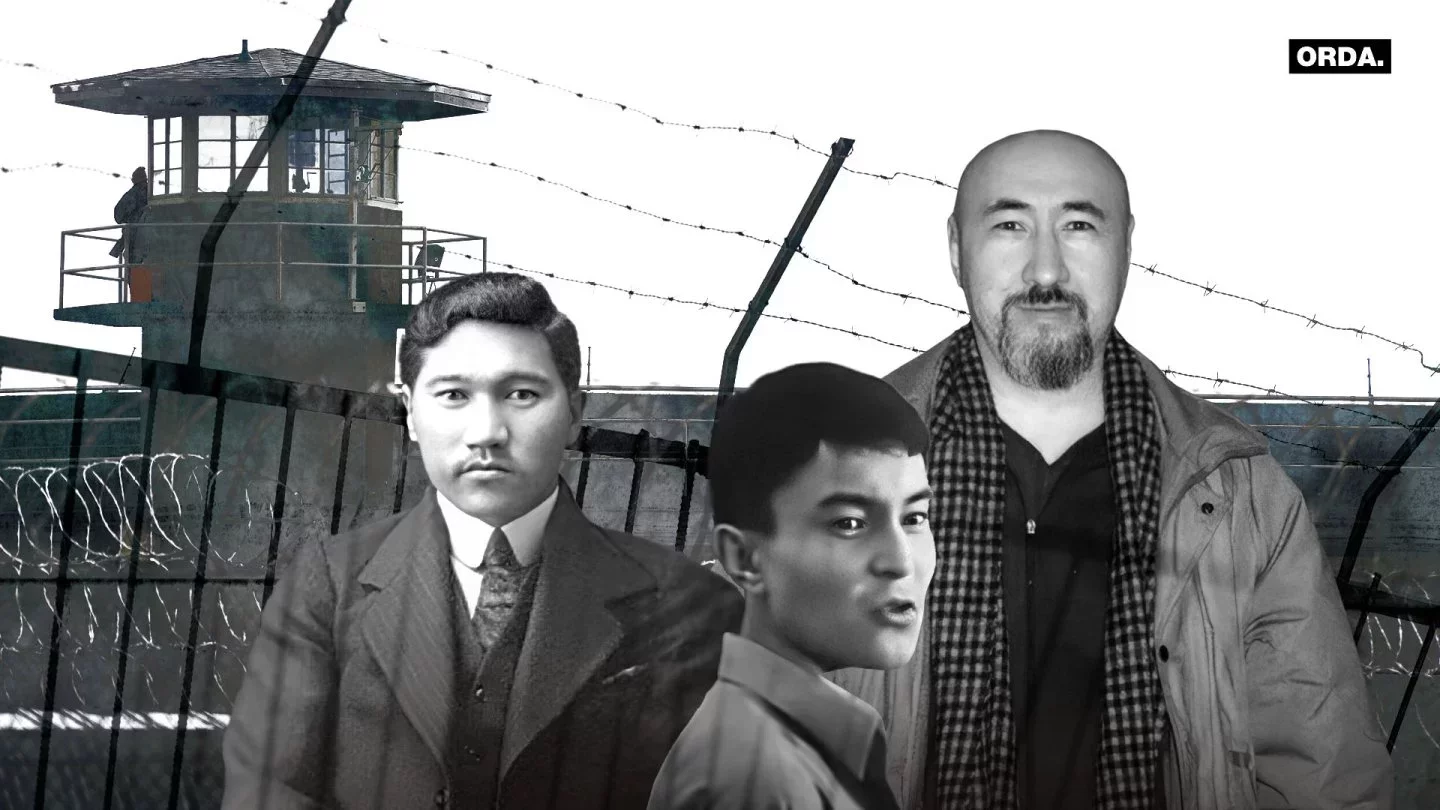
In light of Alexei Navalny's recent passing, Orda.kz has decided to put together a piece about the most well-known deaths associated with those who stood against authorities in Kazakhstan and served time.
Leaders of Alash
The Great Terror of the 1930s is a period that undoubtedly stands out.
During the Stalinist repressions in Kazakhstan, about 120 thousand people were arrested. Thousands of them were never released. The leaders of Alash are some of the more prominent figures who faced arrest.
They were victims of the Soviet authorities' oppression of the national intelligentsia in all Soviet republics. In Kazakhstan, a significant part of the intelligentsia were the leaders of Alash.
Among them: Ahmet Baitursynuly, Alikhan Bukeikhanov, Mirjaqip Dulatuly, Zhakhansha Dosmukhamedov.
At the beginning of Russia's Civil War, Alash supporters sided with the Whites. But in 1919 they had a change of heart because the Reds decided to allow Kazakh autonomy. This mostly coincided with the aspirations of Alash. Ahmet Baitursynuly was even the first People's Commissar of Education in the Kyrgyz (Kazakh) ASSR.


In 1919, the Alash members were granted amnesty. However, in 1928, they received a stark reminder of their opposition to the Soviet government. Some were arrested but soon released. Not all were so fortunate. Mirjaqip Dulatuly, the author of the poem "Oyan, Qazaq!", was sentenced to 10 years in prison.
Mirjaqip Dulatuly, was in prison for seven years before dying in Karelia, in the Sosnovetsky camp in October 1935.
Two years later, the Great Terror began, claiming the lives of Ahmet Baitursynuly, Alikhan Bokeikhanov, Zhakhanshi Dosmukhamedov, and many others.
Kazakh Bolsheviks
The Great Terror claimed the lives of not only the opponents of the Soviet government but also its supporters such as Turar Ryskulov, Saken Seifullin, Ilyas Zhansugurov, Oraz Zhandosov, and many others. They supported the Bolsheviks from the very beginning of the revolution and The Russian Civil War.
The party they sided with had undergone a drastic internal change. If in the mid-1920s Turar Ryskulov could openly argue with Stalin, then at the end of the 1930s this was unimaginable.
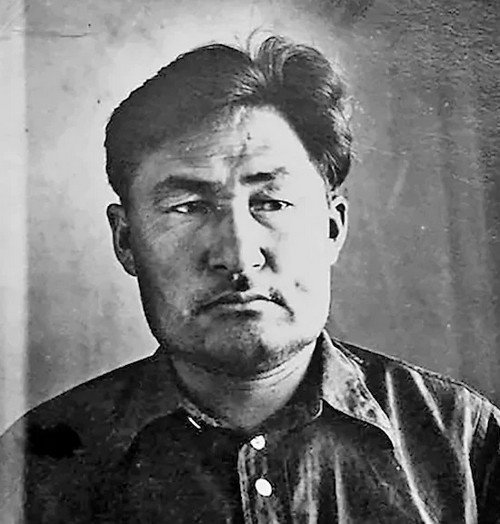
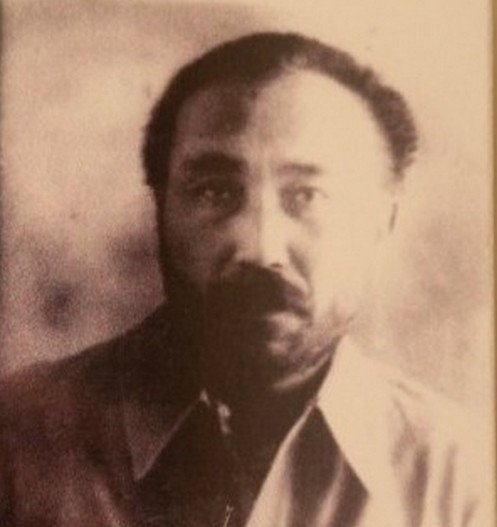
The Kazakh Bolsheviks were blamed for "counterrevolutionary nationalist activities." However, the real reason was their belonging to the national intelligentsia.
Most of them shared the same fate: arrested in the fall of 1937, firing squad in the winter-spring of 1938.
Ryskulov's biography is slightly different. He was arrested in February 1938 and killed at the same time.
In Kazakhstan, Turar Ryskulov is perceived by many as an Alash member, although he was a supporter of another autonomy — Turkestan. And not democratic, as "Alash" supported, but socialist. But the Great Terror saw everyone as the same despite their political convictions.
Qairat Rysqulbekov
Over the next 50 years, there were no high-profile cases involving deaths in prisons. Yet, persecuting the intelligentsia was still present as it was with Yermukhan Bekmakhanov or Mukhtar Auezov. The dissident movement in Kazakhstan was not particularly active.
Qairat Rysqulbekov's death in prison in 1988, however, catches one's attention. Qairat Rysqulbekov was a student convicted of participating in The 1986 Jeltoqsan Events.
Rysqulbekov was charged with killing a public volunteer guard Savitsky. According to the court, Qairat beat him to death with a stick. Qairat stood his ground, insisting he was innocent, but in April 1988 Rysqulbekov was convicted. He was initially handed down a death sentence. It would later be commuted to 20 years in prison.
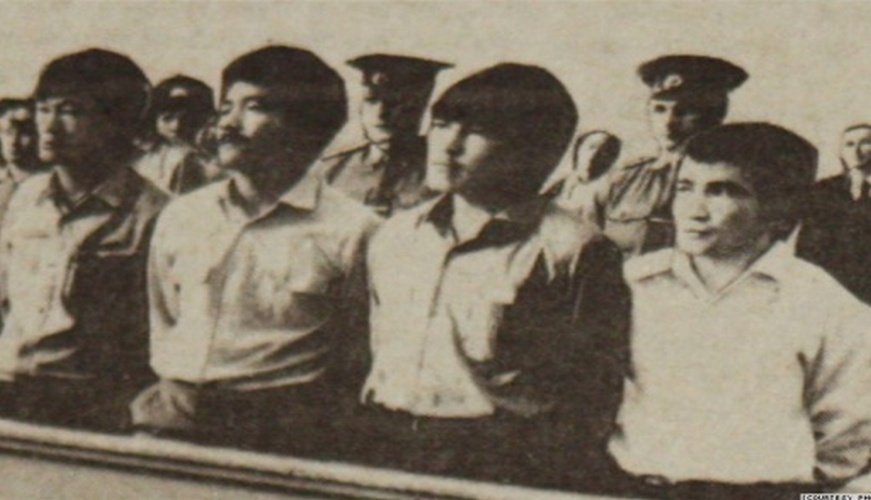
He was supposed to serve his sentence in the RSFSR's Sverdlovsk region. He would end up in Semipalatinsk prison, though. On May 20, Leonid Vlasenko, a convicted repeat offender, was put in the same cell with Qairat Rysqulbekov six times.
The next day, Qairat was found in a noose made from his neighbor's shirt. The official version was that he had hanged himself.
Four years later, Vlasenko confessed that he had killed Qairat Rysqulbekov on the instructions of internal affairs' law enforcement officers. Ironically, the reform "Perestroika and Glasnost", i.e. reconstruction and openness, was already in full swing at that time.
Rakhat Aliyev
Rahat Aliyev was indeed a controversial person. On the one hand, in the 1990s and 2000s, Aliyev greatly benefited from being in the Nazarbayev family in Kazakhstan. It is safe to assume that many Kazakhstanis agree with all the accusations that were brought against him — from organizing assassinations to planning a coup. On the other hand, at the end of the 90s, Aliyev opposed Nursultan Nazarbayev and even wrote a book exposing his father-in-law's supposed misdeeds.
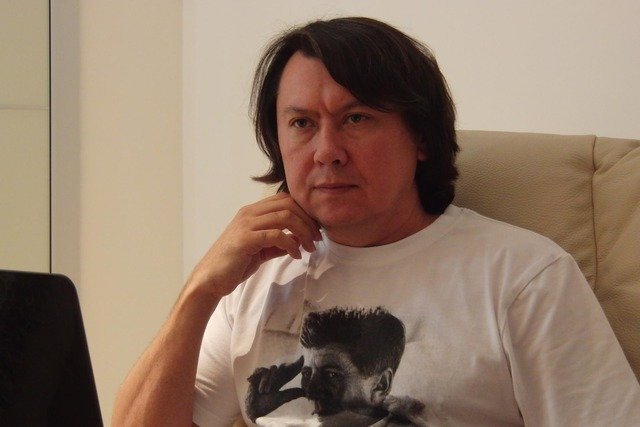
Rahat Aliyev was arrested in Vienna in 2014 at the request of the Republic of Kazakhstan. He had previously been the ambassador of Kazakhstan to Austria. He then went into hiding. On February 24, 2015, he was found hanging in a noose in a cell of Vienna’s Josefstadt prison, where he had been in solitary confinement.
The official version says that Aliyev hanged himself. But, as his lawyers said, there had been no precursors for such intentions. Two alternative versions of his death would later emerge:
- He was hanged at the behest of his father-in-law.
- His cellmates, who demanded money from him, killed him.
Indeed, Aliyev is said to have surrendered to the Austrian police, thus causing more mystery than providing answers.
Dulat Agadil
On February 25, 2020, formally after Nazarbayev's resignation, opposition activist Dulat Agadil mysteriously died in an Astana pre-trial detention center. A day earlier, he was detained at home in the village of Talapker. Reports on his death emerged the next day. According to the official version he died from heart failure.
Agadil's lawyers and relatives, however, claim the cause of the activist's death could have been the negligent attitude of the prison staff towards a person fallen ill.
Video camera recordings show that in the morning Dulat was forced to get up. He felt unwell, had not eaten since his arrest, which was more than 12 hours. In the isolation ward, his condition deteriorated significantly. After rising, he fell onto the cold floor of the cell, where he lay for about 20 minutes. Surveillance camera footage shows that everyone was stepping over him, walking nearby, including employees. No one paid attention to the man lying on the floor until Dulat began to wheeze. Then an ambulance was called. They arrived 12 minutes later. But the doctors could only pronounce him dead, lawyer Galym Nurpeisov said in 2021.

Dulat Agadil's relatives also draw attention to another point. On February 25, 2020, he, among other activists, was supposed to meet with Members of the European Parliament on Human Rights. Even if Agadil's death was a coincidence, it looks like someone didn't want this.
Aron Atabek
Aron Atabek's shares similarities with other victims mentioned above. Like Mirjaqip Dulatuly, he was a poet. He and Qairat Rysqulbekov both protested. The party he created in 1992 was dubbed Alash. The pan-Turkist committee he formed was called "Turkestan" .
He ended up in prison over protests in an informal settlement with self-erected buildings named after a symbol of Kazakhstan - "Shanyraq". Parts of the settlement were tagged for demolition, but its residents resisted.
Aron Atabek was arrested in 2006. This occurred when he went to the Department of Internal Affairs as a witness in the case over the Shanyraq Events. He would later be sentenced to 18 years in prison. Atabek spent 15 years in incarceration. He was released for health reasons. Upon release, he stood at a height of 183 centimeters but only weighed 47 kilograms.
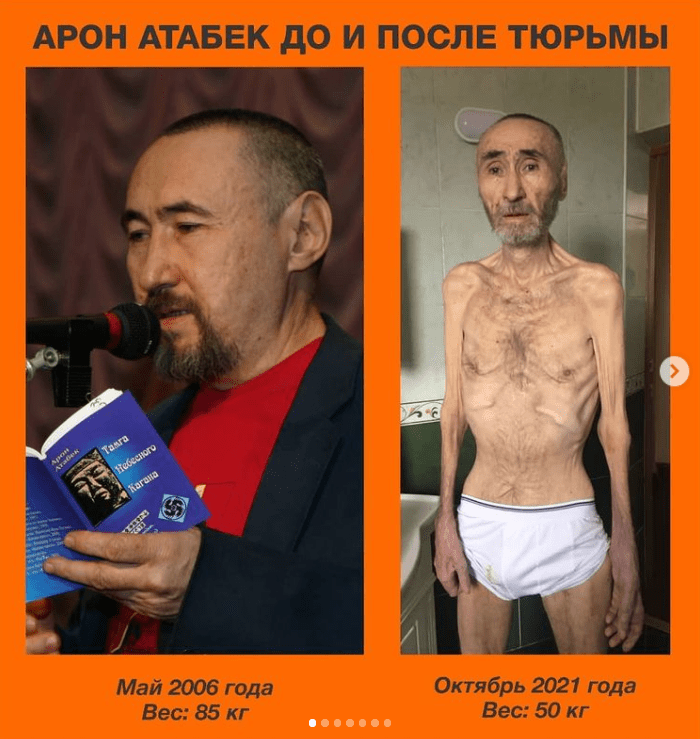
Atabek said that constant mistreatment brought him to such a state.
Aron Atabek was released on October 1, 2021. He passed away on November 24 of the same year, a month and a half before "New Kazakhstan".
Original Author: Igor Ulitin
DISCLAIMER: This is a translated piece. The text has been modified, the content is the same. Please refer to the original piece in Russian for accuracy.
Latest news
- Timur Kulibayev vs. New Kazakhstan: Oligarch Defends His Assets
- MP supported Imam's Statements About Kazakh Traditions
- Altyn Adam: How Filmmakers Quarreled Over Cartoon About Scythian Warrior
- "No Chance": Russian Deserters' Stories in Kazakhstan
- National Fund Earns As Much As It Spends
- What is Going on with FPL Head's Recent Appointment?
- Stati Case: Victory for Kazakhstan?
- Qataris to Spend $3.5 Billion on Construction of Plants in Kashagan
- Oil Quotas: a Blessing or a Curse for Kazakhstan?
- Plant in Kazakhstan: Swiss Investor Purchased, Legal Battle Follows
- Situation with Russian Securities in Kazakhstan Explained
- Uranium Mining Tax in Kazakhstan to Change Starting in 2025
- Chinese Oil Giant to Build Wind Farm in Kazakhstan
- Expert Explains Toqayev Greeting Xi Jinping in Particular Way
- Scandal around "Aria-Zhana Astana", Controlled by Satybaldy, Not Subsiding
- SCO Summit in Astana: What to Expect?
- Who Was Oppositionist Aidos Sadykov?
- KNB Agent Orik VS Financial Police Agent Sanych
- Nazarbayev's Relatives on Trial: Systemic Purge or Political Games?
- Fire in Greece: Luxury Yacht, Kazakhstani Oligarchs' Vacation Scandal

